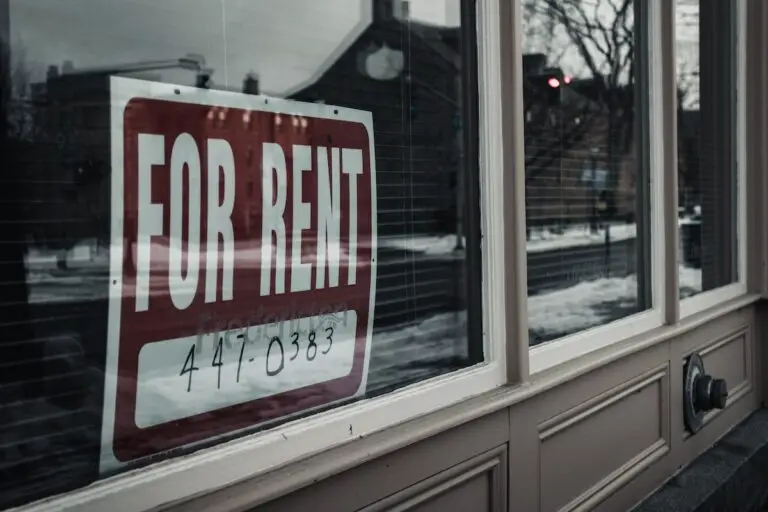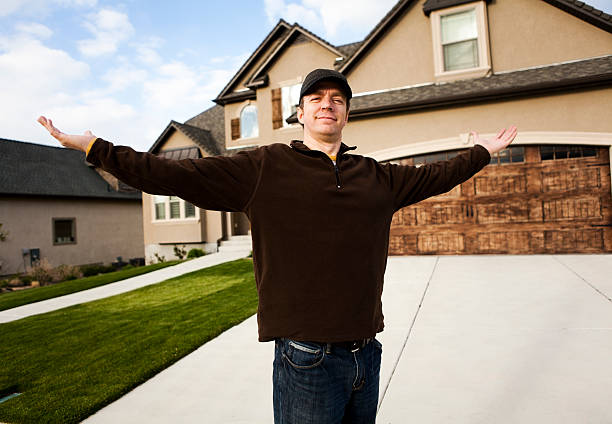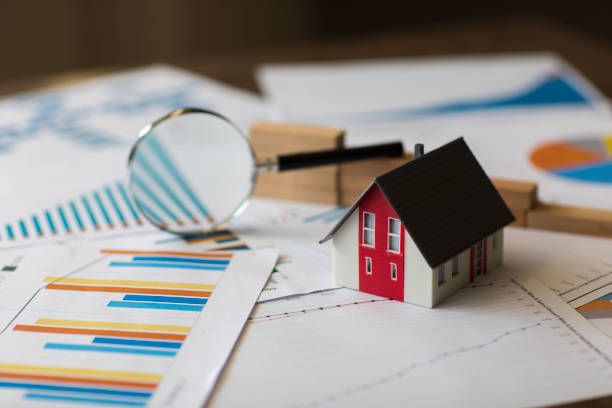Buying vs. Renting: The Pros and Cons of Real Estate Ownership

The decision to buy a property or rent a house is fundamentally a personal choice with both options having their advantages and drawbacks. While owning a home is typically viewed as a long-term solution or new investment opportunity, renting is often regarded as a temporary housing arrangement. This article will dive into the pros and cons of renting and buying and outline the factors that you need to consider for making the decision to own a real estate property.
Pros and Cons of Buying A Home
Pros:
1. Buying Allows You to Build Equity
Equity in homeownership is the value of your home. Equity is calculated through the difference between the market value of your home and the remaining mortgage balance at that time. As a homeowner, you gradually build up equity by making down payments and paying monthly mortgages that go toward turning your home into an asset. You can leverage this asset by using it as collateral for any future financial endeavor. Besides, as the market value of your home increases over time it also adds up toward building equity.
2. You Get Tax Breaks
Homeowners get certain tax breaks as incentives from the Internal Revenue Service (IRS). Most tax benefits come in the form of a deduction, mostly a deduction in the mortgage interest rate. Homeowners can also avail of property tax deductions. Whether you are buying a second home or investing in a vacation rental, make sure you explore all the available tax benefits for property owners in your preferred state to work those in your favor.
3. Your Credit Score Looks Better
When you pay monthly mortgages, it helps build up a positive payment history that is paid on time for a long period. This payment history certainly helps build credibility for your credit score and assures lenders of your ability to pay off loans. Additionally, consistent mortgage payment also helps diversify your credit profile, positively influencing your credit score.
Cons:
1. More Expensive Upfront
Buying a house involves careful financial planning and saving. You have to save up a substantial amount of money to make various payments such as the down payment, closing cost, home inspection, and appraisal fees. Typically, you need to pay anywhere between 3- 20% of the home purchase price upfront as a down payment. While you can secure a mortgage with a down payment lower than 3%, you will end up with a higher mortgage rate as you are borrowing more.
2. Homeownership Comes with Added Responsibility
The expense of home buying goes beyond the initial down payment and the monthly mortgage payments. The ongoing expenses also encompass insurance, maintenance costs, or potential renovation costs. The maintenance cost can widely vary depending on the state of your house and the maintenance it received in the past. Maintenances can span from routine tasks like mowing the lawn or painting the walls, to substantial roof repair, and plumbing work. You may need to spend even more towards annual maintenance if you invest in vacation rentals. The continuous influx of short term renters can result in increased wear and tear as opposed to long term residency. In addition to these, homeowners are also responsible for timely payment of property tax and homeowners association fees.
3. Your Home Value Might Decrease
The real estate market is prone to fluctuations. If unforeseen circumstances like a pandemic or recession arise, your current home value may decline, potentially resulting in a financial loss, if you choose to sell the property during such conditions. However, many homebuyers consider this risk worthwhile as the historical trend suggests the housing market rebounds within a short period and typically homes gain value over time.
Pros and Cons of Renting
Pros:
1. Renting Allows You to Save More
While renting a home you don’t need to save up a large amount of money for a down payment. You can redirect that fund and invest in other lucrative sectors that will yield more returns. Renting allows better financial flexibility as you don’t have to commit to a huge loan spanning 20 or 30 years. Without this financial burden, you are free to explore alternative avenues to invest and build assets.
2. Renting Means Less Responsibility
As a renter, you don’t have to take up annual maintenance, inspection or even deal with insurance. Your homeowner will do all of these when you just have to pay the rent.
3. Renting Provides Flexibility
Renting allows you to relocate wherever you want after your lease ends. You can move to a new city or even state. You don’t have to think about selling your home or getting a tenant. That flexibility is desirable for budding professionals who are yet to settle down and looking for a perfect place to call home.
Cons:
1. No Housing Security
Housing security is the prime motivator for people to consider buying a property. With renting, you get no housing security as your property owner might decide to sell the house or undertake a huge renovation that requires you to move out. In that case, you might have to relocate within a very short notice.
2. Rent May Increase
One of the least favored aspects of being a renter is your house rent can go up anytime and the owner is entitled to implement such changes during contract renewal. If you have carefully set a certain budget for housing, you may find the change unexpected and it may potentially disrupt your financial planning.
3. No Equity Building
While renters get to stay at a home for a certain period in exchange for a monthly rent, the rent does not go towards building equity. Your rent will not lead to a homeownership. In contrast, For homeowners, every penny they spend towards the house helps build equity, for renters, it is only monetary exchange for a service they receive.
Factors That Inform the Choice to Rent or Buy
1. Your Financial Readiness
Even if you are a seasoned real estate investor, you need to assess your financial situation before deciding to buy a new property. With 20/30 years mortgage payments, it’s long-term financial commitments that requires disciplined money management. You need to have a stable source of income, a stable employment history, and a good credit score so the lenders feel confident about your creditworthiness. Additionally, they will also evaluate your debt-to-income ratio, the lower the ratio is the more favorable it will be for loan approval.
2. Real Estate Market Scenario
The rental rate and the market price of that particular area certainly play a part in deciding whether to buy or rent. Evaluate the historical price trend in your preferred area. If you sense the market might present more favorable options within a few months you may choose to wait it out a few months until the right time to make a purchase.
3. Location
For most homebuyers, investing in a home is often a lifelong commitment. Consider whether your preferred location aligns with your long-term goals, possibly the post-retirement plan. Beyond the conveniences and amenities, homebuyers should also assess whether the local housing market is suitable for buying or renting. Some communities have unspoken norms that favor neighbors committing to long-term stay instead of renters.
Additionally, some neighborhoods might have short-term rental restrictions, discouraging leasing for periods of less than six months. For example, in Lake Geneva, Wisconsin, some communities have such short-term rental restrictions imposed. While places like Lauderdale Lakes don’t have strict rental restrictions, communities here favor residents establishing long-term roots through homeownership. It is crucial to consider these types of rental restrictions, especially if you are investing in vacation rentals intending to rent out to holidaymakers.
4. Your Long-term Plan
The decision to buy or rent largely depends on your long-term goal. Typically, it is the norm to buy a home if residents plan to stay there for more than 5 years. You need to assess whether your family size will remain constant or it will expand, potentially requiring a larger home. Before buying a house evaluate what type of renovation you will need in the next 10-20 years so that you can adjust your budget accordingly.
On a final note, property investment is indeed a significant decision in your life. Take your time to evaluate all the avenues, and weigh the pros and cons of renting and buying. Make sure you do a cost profit analysis if you invest into vacation rentals. When you are determined to buy, try to consult with a seasoned real estate agent in your preferred area to get some insight and guidance.








